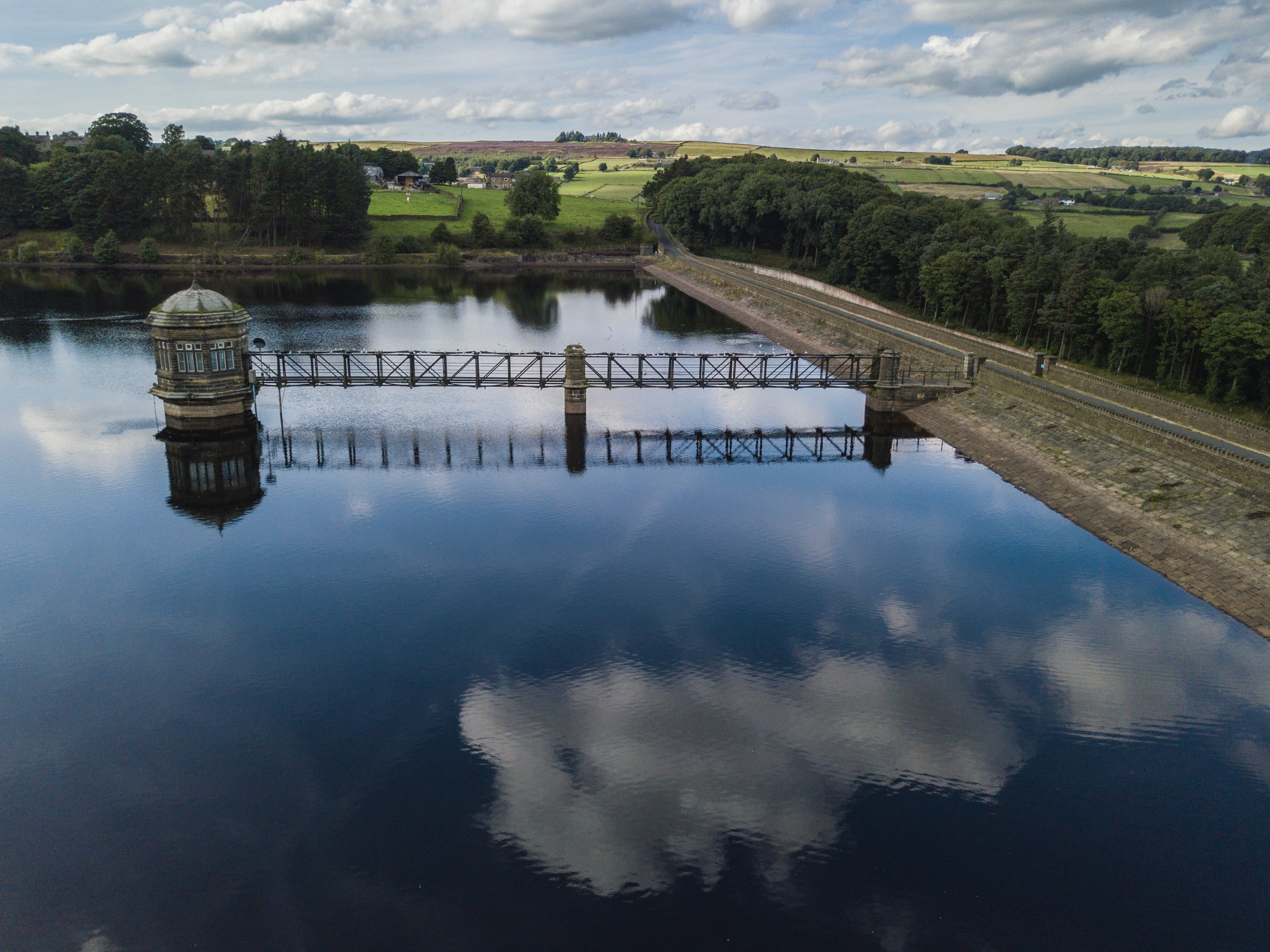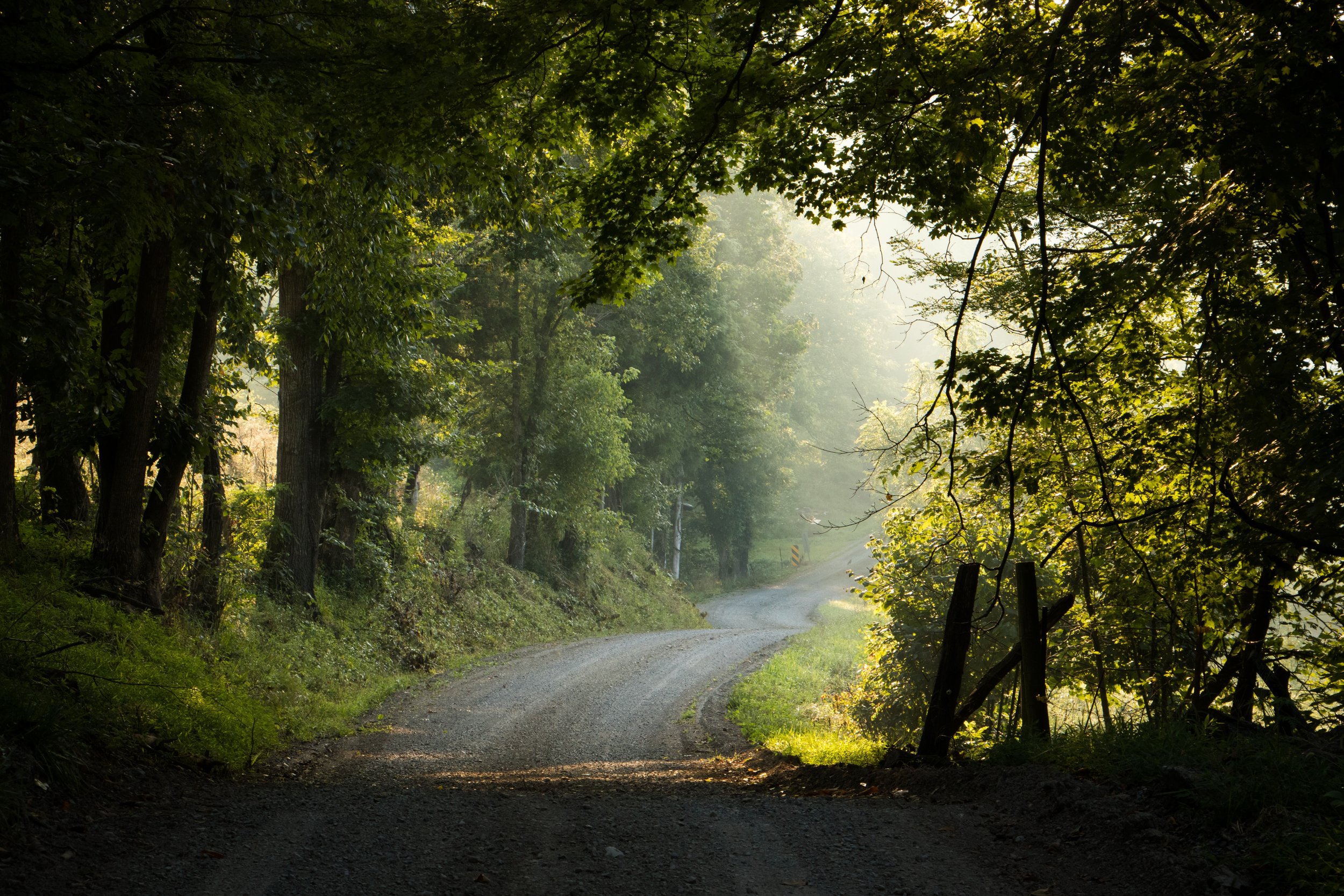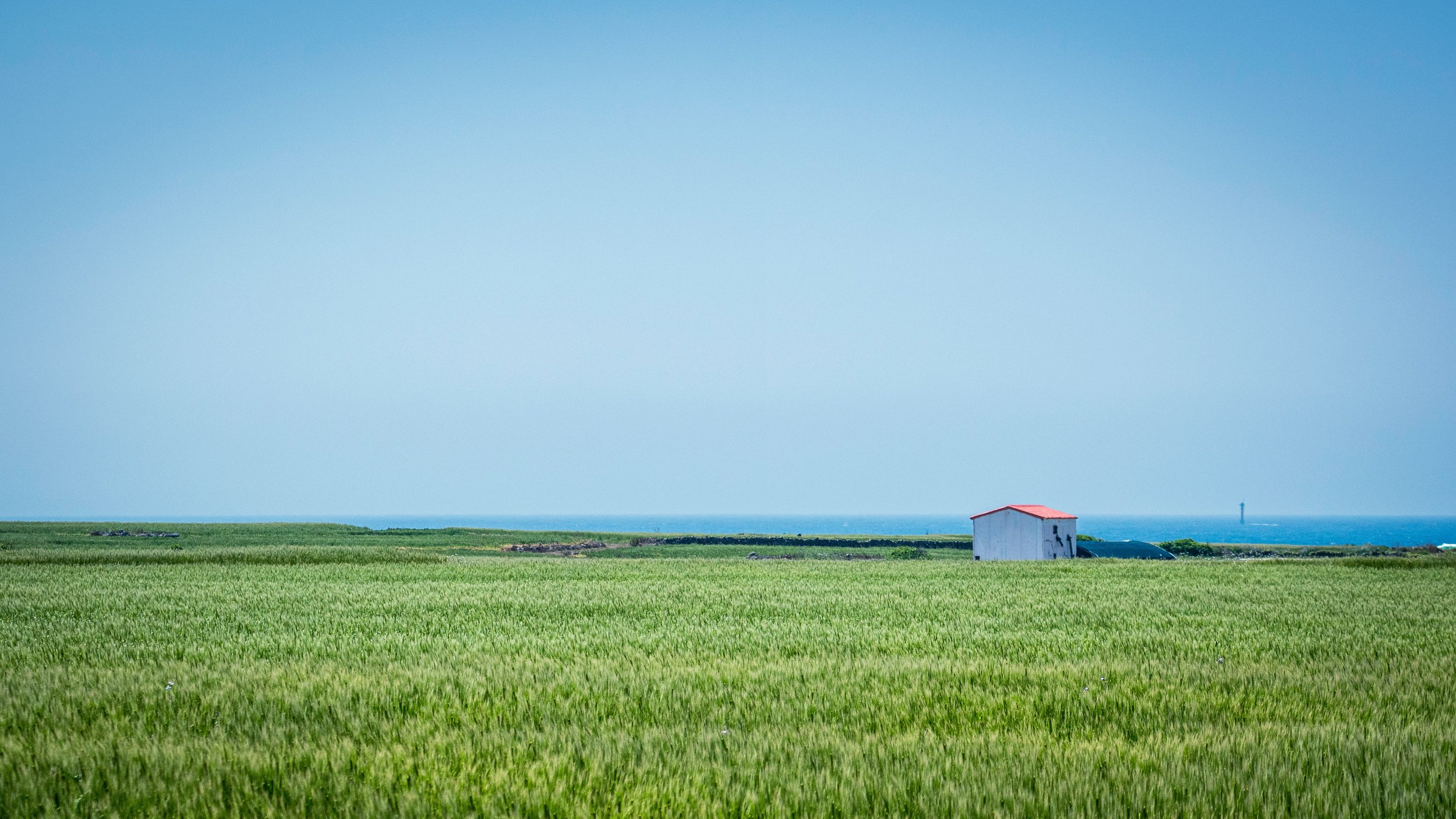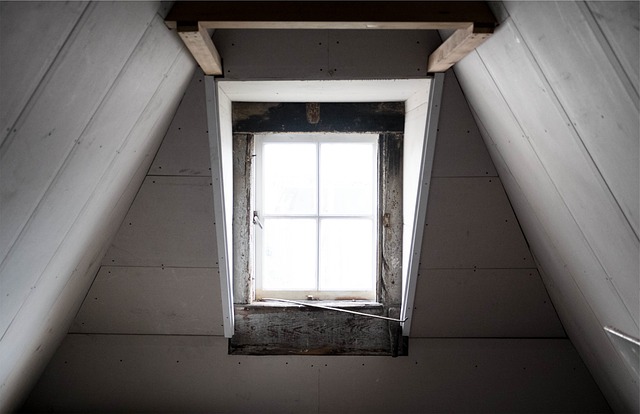The Brontë Sisters and the Lonely Moors of Haworth

A few years ago, when I finally finished my Master’s dissertation and decided to take a weekend trip to get out of London, I took a train to that go-to vacation spot for women in their early-twenties looking to blow off some steam: rural Yorkshire.
Which isn’t really that unusual, if you’re the certain type of bookish young woman who grew up reading the British Classics, and heaven knows there are plenty of us to be had. Languishing in decidedly un-romantic locales, pushing our glasses up our noses, correcting our AP English teachers on the Bennet sisters’ birth order because maybe we’re just a touch pretentious. We are a people who started drinking tea as an affectation but do it sincerely as adults. If we had more money, we would have things like antique dressers, and if we have cats, their names are at least three syllables long.
I’d been living there for about a year for school, and had recently resigned myself to having to go back to America and my real life, but before I went I wanted to see more of the country outside London city limits. Unlike America, the UK has a lovely, affordable, and functional train system which made it all the more convenient to travel to Haworth, the little town that was home to the Brontës and that tingled my book-tourism senses even more than London itself.
I booked a room in a bed and breakfast for Halloween weekend. I knew I was going to love it—my favorite holiday, cobblestone streets, sheep?! It was going to be the best weekend ever. My reaction when I actually showed up? I can’t think of any experience in my life that has so perfectly matched my overhyped expectations.
The town of Haworth looks more or less like it has for the past several hundred years, which is to say, like a fairy tale town. Ancient stone buildings, cobblestone streets, adorable shops that aren’t plastic or touristy. Pubs full of locals, a tea shop where I chatted with the teenage waitress about her plans to study English literature at university, and, yes, fields full of sheep.
“No matter how many PBS Masterpiece Theater movies you watch or times you Google it, it’s hard to have a conception of what “moor” means. It’s like a field but there are hills? And rocks? Not a lot of trees but also kind of intense shrubbery?”
Of course the Brontë fixtures, the church, the parsonage, the eerily beautiful overcrowded graveyard, the very pub where Branwell Brontë died, were the best parts of town. The parsonage in particular, which sits on the edge of the little village and faces a field with a couple friendly ponies, was full of extraordinary Brontë artifacts. Much of the original furniture, one of Charlotte’s actual dresses up on a tiny–they were all SO TINY–mannequin, and bits of the fantasy stories they wrote together as children.
And then I left the village and ventured into the Penistone Hill County Park, the national park that encompasses the moors surrounding Haworth. If there’s a single image that can conjure all of the Brontë sisters (and I guess technically their brother Branwell too, but whatever) it’s women walking across the Yorkshire moors. Cathy searching for Heathcliff, Jane leaving the Rochester house, Helen Graham arriving at Wildfell Hall. Still, no matter how many PBS Masterpiece Theater movies you watch or times you google it, it’s hard to have a conception of what “moor” means. It’s like a field but there are hills? And rocks? Not a lot of trees but also kind of intense shrubbery?
I wish I could do a better job of explaining them, now that I’ve seen them in person, but everything I can think of falls flat. The rolling hills and fields stretch on as far as you can see. The varied terrain makes you feel like you’re always following something, looking for something. It drives you to describe it, and then drives you to judge yourself for your paltry attempts at description. The Brontës had no choice but to become brilliant writers, only a brilliant writer can evoke that landscape without sounding like a self-indulgent hack, though their detractors do describe them as such. On my first hike I passed another young woman, maybe a few years older than I was, leading three mismatched mutts who had clearly just come from their morning game of fetch on the hills. I thought about how much I’d like to have her life.
It was easy to imagine Cathy and Heathcliff as kids, staying far from the house from dawn till dusk, or Jane Eyre leaving Mr. Rochester. The landscape is symbolic of everything; the magic when you hike far enough to find the little brook, the exhaustion of tackling the numerous hills, the gorgeous, clear, and sunny day, the bug that gave me a painful bite on the arm.
“Charlotte Brontë once remarked that despite her success, in reality she didn’t know very many people and of her numerous fans not many people could say they knew her personally. The longest lived of the siblings, she rarely left Haworth for very long.”
But of course, it’s all well and good to be philosophical about a space that doesn’t, that couldn’t, represent to me exactly what it did to the Brontës at the time. Sure, I had practical clothes and shoes, an iPhone, and modern medicine to fix up my bug bite. But more than that, I had the freedom to romanticize Haworth and the moors, because I had the freedom to leave.
It sounds so obvious on its head. Of course no one finds the place where they’re from to be very remarkable. But one of the many fascinating bits of information you will learn if you visit the excellent museum at the Brontë Parsonage (no you can’t make your living working there, yes I already asked, they are all volunteers and there is a long wait list) is how bleak life in Haworth was at the time. The beautiful cemetery had such an overcrowding problem that… substances… from the ground were leaking into the water supply and poisoning people. The infant mortality rate was astronomically high, life expectancy was in the mid-twenties, there was no sewer system. Want to escape to a boarding school? Disease. A job as a governess? Exploitation. It’s easy to see the Empire of Angria as a cutesy creation by creative youngsters, but it was an escape from an extraordinarily difficult life.
Charlotte once remarked that despite her success, in reality she didn’t know very many people and of her numerous fans not many people could say they knew her personally. The longest lived of the siblings, she rarely left Haworth for very long. It’s easy to wring your hands about how things were so different for people before social media, the kids these days and their phones and so forth but there’s something to consider about a life that was extremely isolated even for nineteenth-century standards. Isolated and dangerous. With little chance of seeing middle age, let alone old age.
So where does that leave me, scampering out into that graveyard on Halloween at midnight to scream “HEATHCLIFF!!!!” over the moors, which I did do for real and highly recommend. What does the tourism industry around the Brontës and Haworth signify? Is it in poor taste? Is it just romanticising the idea of them? To the former, I say no. To the latter I say yes… but that’s not necessarily a bad thing.
Living in the world of 2018 isn’t awesome, but there is still nothing you could do to convince me to take a time machine back two hundred years and move into the parsonage. I don’t care if I’d get to talk to them and be one of the few people they knew and who knew them. It would be miserable and torturous, it would be the gritty historical bits of Outlander without the fun of costume porn. The thing we need to stop romanticizing is the lives of geniuses, and you don’t have to travel to Yorkshire to feel the Brontës’ desperation; just crack open one of their books.
It’s not so bad, however, to romanticize the place where they lived because it doesn’t exist anymore. My B&B had a working plumbing system, heating, and an excellent restaurant. The water that came out of the taps was clean and the picturesque cemetery is no longer a health risk. I saw plenty of residents over the age of forty, and they looked perfectly healthy.
What’s left is one of the best trips I’ve ever taken and one of my favorite places I’ve ever been. I have a silver bracelet with Haworth’s geographic coordinates etched on it, and every so often I idly look up local real estate prices, just to see. The realistic context I learned in the museum stuck with me just as much as the majesty of the locale. All the locals I spoke with were proud of their little town’s history, and happy that people wanted to come and visit. Granted, the Book Tourism crowd is a pretty tame one, which probably helps there. We aren’t ones to take chunks of things home with us.
Go to Haworth. Pretend to hear your lover magically calling to you from across the moors. Have a pint at Branwell’s favorite pub. There isn’t a way to feel closer to the Brontës and their books than that, and for that we should be grateful. They never lost sight of the beauty around them, even in their circumstances. Why should we?
ABOUT THE AUTHOR
Chelsea Ennen's essays, reviews, and interviews have appeared in Kirkus Reviews, Publishers Weekly, The Mary Sue, Avidly, and The Tempest, among others. She has a BA from Wellesley College and a MA from King's College London. She lives in NYC where she works in cultural journalism and writes fiction. She may never get around to finishing her website, so follow her on Twitter here: @ChelseaEnnen.
Header photo by Richard Horne.










